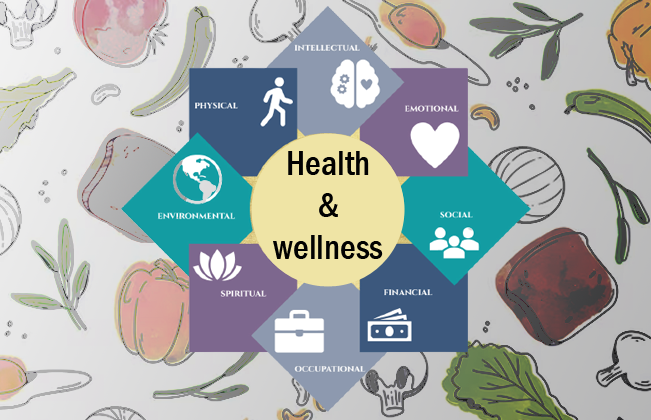Introduction:
Maintaining a healthy diet is crucial for overall well-being and longevity. A balanced and nutritious diet provides the essential nutrients our bodies need to function optimally. However, with the abundance of processed foods and unhealthy eating habits prevalent in today’s society, it can be challenging to stay on track. In this article, we will discuss seven tips that can help you maintain a healthy diet and achieve your wellness goals.
Plan Your Meals and Snacks:
One of the most effective ways to maintain a healthy diet is to plan your meals and snacks in advance. Create a weekly meal plan that includes a variety of fruits, vegetables, whole grains, lean proteins, and healthy fats. This way, you can ensure that your diet is well-balanced and meets all your nutritional needs. Prepare your meals in advance and pack healthy snacks, such as nuts, fruits, or yogurt, to avoid indulging in unhealthy options when hunger strikes.
Portion Control:
Controlling portion sizes is essential for maintaining a healthy diet. Even if you’re consuming nutritious foods, overeating can lead to weight gain and other health issues. Familiarize yourself with appropriate portion sizes and use measuring cups or a food scale to ensure you’re eating the right amount. Additionally, practice mindful eating by savoring each bite, eating slowly, and paying attention to your body’s hunger and fullness cues.
Increase Fruit and Vegetable Intake:
Fruits and vegetables are rich in vitamins, minerals, and antioxidants that support overall health. Aim to incorporate a variety of colorful fruits and vegetables into your daily meals. Include leafy greens, berries, citrus fruits, cruciferous vegetables, and other seasonal produce. These nutrient-dense foods provide essential fiber, promote healthy digestion, and help reduce the risk of chronic diseases.
Choose Whole Grains:
Whole grains, such as brown rice, quinoa, oats, and whole wheat bread, are excellent sources of fiber and essential nutrients. They provide sustained energy, promote healthy digestion, and help control blood sugar levels. When purchasing grains, look for “whole” or “100% whole grain” on the label to ensure you’re choosing the healthiest options. Limit or avoid refined grains, such as white bread and white rice, as they lack essential nutrients and can cause blood sugar spikes.
Reduce Added Sugar and Processed Foods:
Added sugars and processed foods are major contributors to poor health and weight gain. Be mindful of your sugar intake and avoid sugary beverages, desserts, and snacks. Opt for natural sweeteners like honey or maple syrup when needed. Additionally, limit processed foods that are high in trans fats, sodium, and artificial additives. Instead, choose whole, unprocessed foods to nourish your body and support your overall well-being.
Stay Hydrated:
Drinking enough water is essential for maintaining a healthy diet. Water plays a vital role in digestion, metabolism, nutrient absorption, and toxin elimination. Aim to drink at least eight glasses of water per day or more if you’re physically active or live in a hot climate. If plain water feels monotonous, add a slice of lemon or cucumber for a refreshing twist. You can also include herbal teas and fresh juices to boost hydration.
Practice Moderation and Mindful Eating:
While it’s important to make healthy food choices, it’s equally crucial to practice moderation and mindful eating. Allow yourself occasional treats or indulgences in small portions, but avoid turning them into regular habits. Listen to your body’s signals of hunger and fullness, and eat when you’re genuinely hungry. Avoid distractions like watching TV or scrolling through your phone while eating, as it can lead to overeating.
![]()





